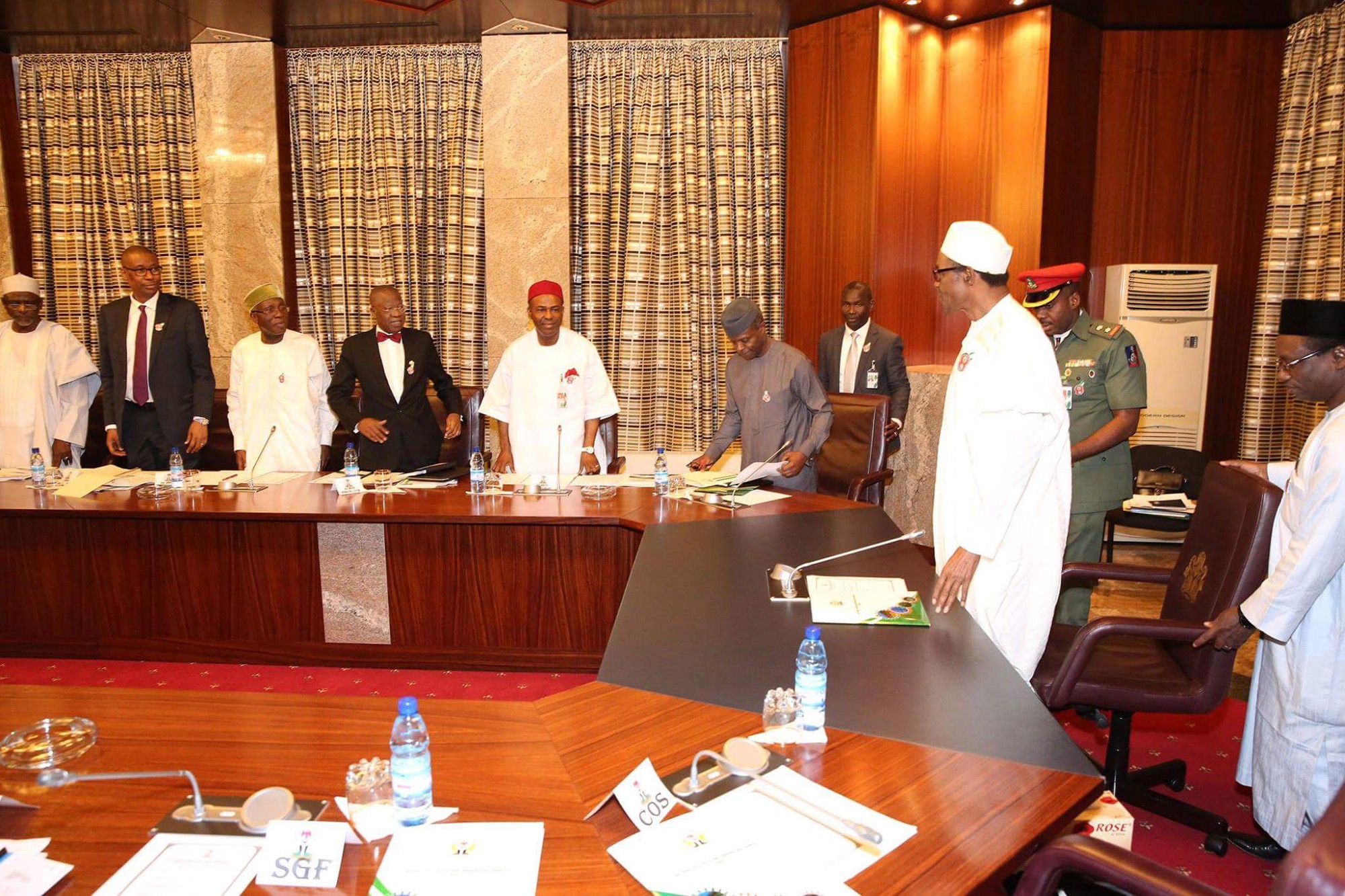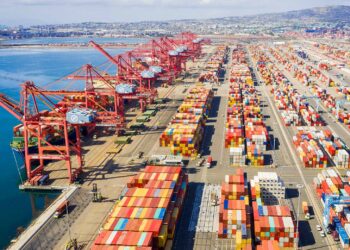Nigeria’s President Muhammadu Buhari was supposed to be in Rwanda this week for the African Summit where he was expected to sign the framework agreement for establishing the African Continental Free Trade Area.
He, however, changed his mind explaining that the decision to cancel the trip was because Nigeria wasn’t yet ready to sign the agreement. Government officials explained that they decided against signing the agreement because they wanted “to allow more time for input from Nigerian stakeholders”.
This surprised a lot of people considering that the Federal Executive Council had approved that the President sign the agreement. Reports, however, suggest the main reason for his refusal to sign was due to a backlash from Labour who believed that the deal was bad for Manufacturing companies in the country.
On this week’s chart of the day, we take a closer look at Nigeria’s trade with African Countries since 2013 to provide some perspective on this issue.
Nigeria’s Foreign Trade with Africa
[visualizer id=”122593″]
From the chart above, it’s clear to see that Nigeria has a healthy trade balance with its African neighbours as it exports more than it imports. Trade has also picked up in 2017 compared to 2016 and 2015 when Nigeria experienced a forex crisis and a recession.
Nigeria’s Foreign Trade with Major Continents including the USA.
[visualizer id=”122598″]
This comparison also reveals despite the positive balance of trade within Africa, Nigeria still has potentially huge opportunity to expand its trade influence within the continent. Trade within the region is still the smallest compared to other continents. This perhaps explains why the government is serious about signing a free trade deal with other countries in the continent.

















